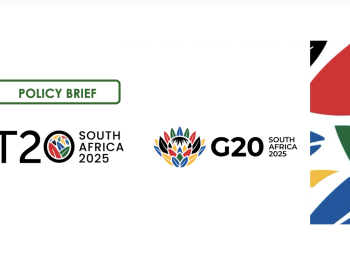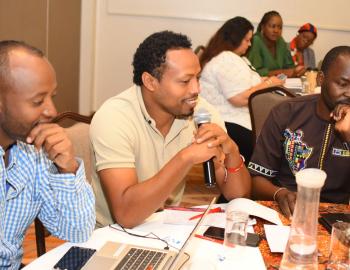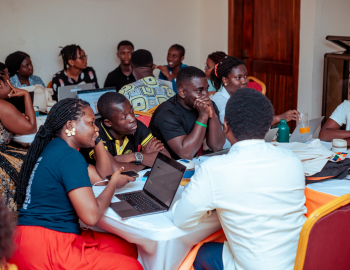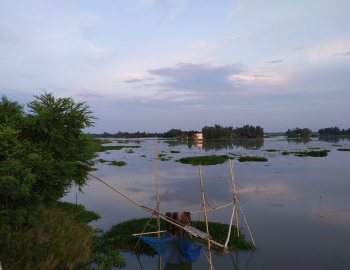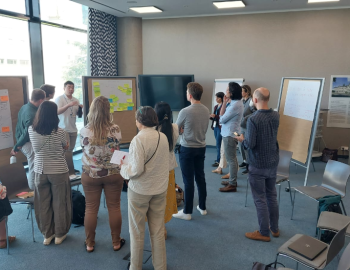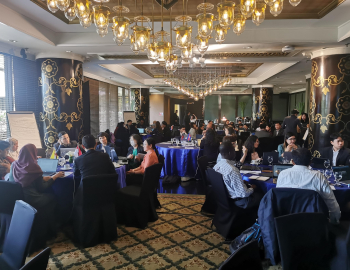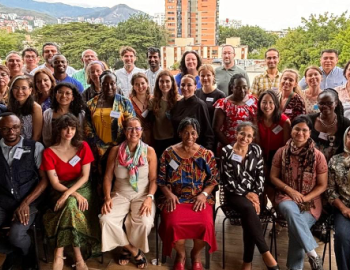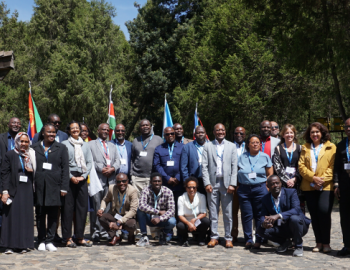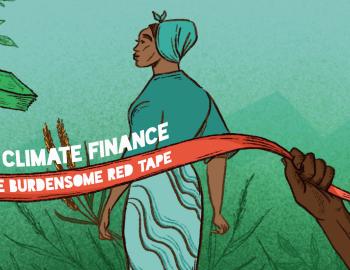Themes: Climate finance
Themes: Climate finance
Developing countries need an estimated US$100 billion per year in climate finance by 2020 to adapt to climate change and help them shift toward low-carbon development paths. The funds are still only partly committed by governments and only partly available on private markets. Explore our projects, publications and blogs urging increased ambition, below.

